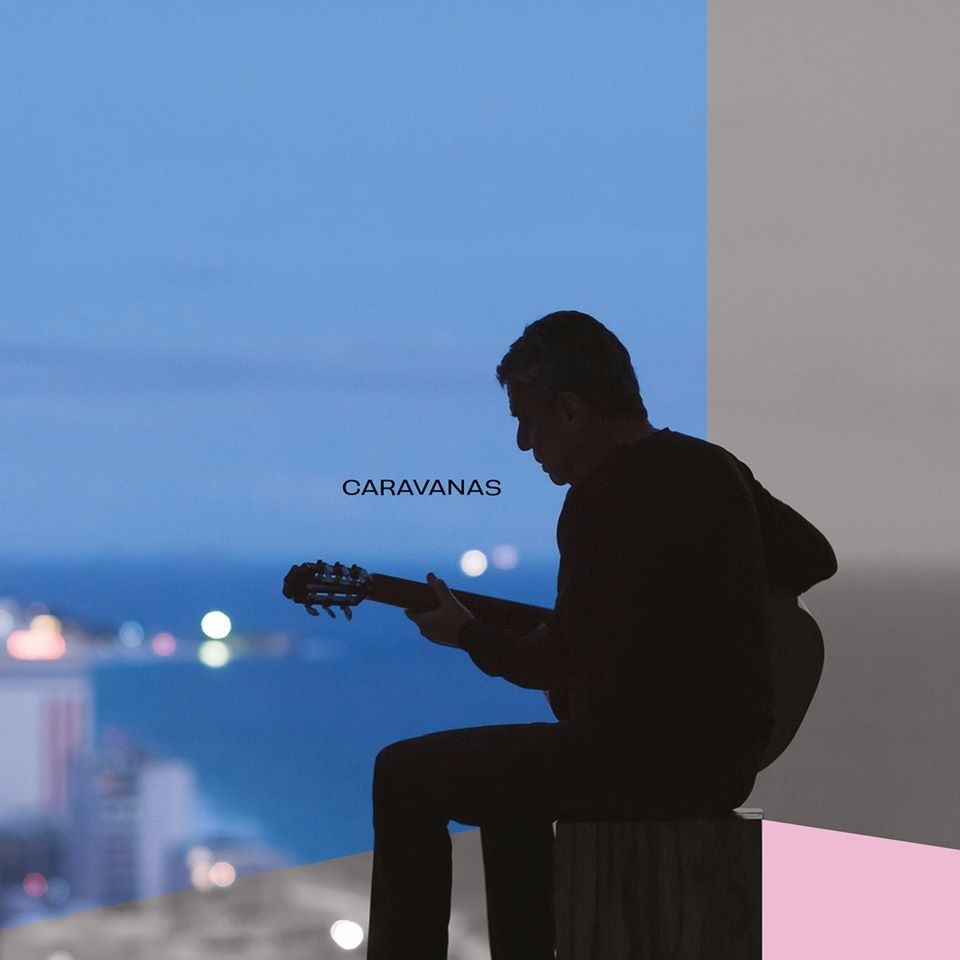Twenty-three studio albums into his career, you have a pretty good idea what you're getting from Chico Buarque. Even though he's dipped his toes into the new media world by joining Instagram in July, Buarque's latest record, Caravanas, adds another nine warm, graceful songs to a catalog that goes back 50 years.
The new record, released Aug. 25 on Biscoito Fino, coasts from genre to genre—a jazzy, singer-songwriter opener, followed by a blues number, followed by a spare acoustic arrangement of a ballad that Buarque originally composed for a musical in 2001. Caravanas is a testament to when longevity turns into range.
Born in Rio de Janeiro in 1944, Buarque was one of the post-bossa nova pioneers of música popular brasileira, or MPB, in the 1960s. Unlike his peers in the Tropicalia movement—Caetano Veloso, Gilberto Gil and their ilk—Buarque wasn't into the pop art of the time, nor the idea of being a pop star. He went as far as staging a play about a pop star who is eventually torn apart by the public and eaten. To drive the point home, the play's audience was pelted with chicken meat. Maybe his music didn't eschew the older forms, but never let it be said that Chico Buarque isn't willing to try something weird.
He's always had these interests outside of music: He's an award-winning novelist. People will describe him as a poet, acknowledging him as one of Brazil's greatest living songwriters.
Buarque's experience writing for the theater shines through on Caravanas. He has an eye for detail and a short-story writer's ability to concisely find and evoke the sweet sadness in a moment, like in “Massarandupió,” a grandfather and grandson hand-in-hand on the beach. The melody of “Jogo de Bola,” or “ball game,” bounces up against the beat like a soccer ball being dribbled—samba and football together at last.
There are a few reworked older songs on the album: the aforementioned “A Moça do Sonho,” from the musical, as well as a “Dueto,” originally performed with bossa nova queen Nora Leão, now paired up with his granddaughter.
Buarque cut his teeth in the early '70s trying to sneak political commentary in metaphor past the censors of Brazil's military dictatorship, but on this album's standout title and closing track, he holds nothing back. The song castigates “the orderly and virtuous people” who recoil in fear from “suburban Muslim types” and “black naked torsos,” and make appeals to the police to send them back to Africa or wherever they've come from. The song borrows dynamics from Duke Ellington's “Caravan,” and the absurd explanation for Islamophobia from Albert Camus's The Stranger. Perhaps most surprisingly, it features the rapper Rafel Mike providing beat-boxing. I guess that goes to prove that even at 73 years old and deep into his career, maybe you don't always know what Chico Buarque's going to do.









